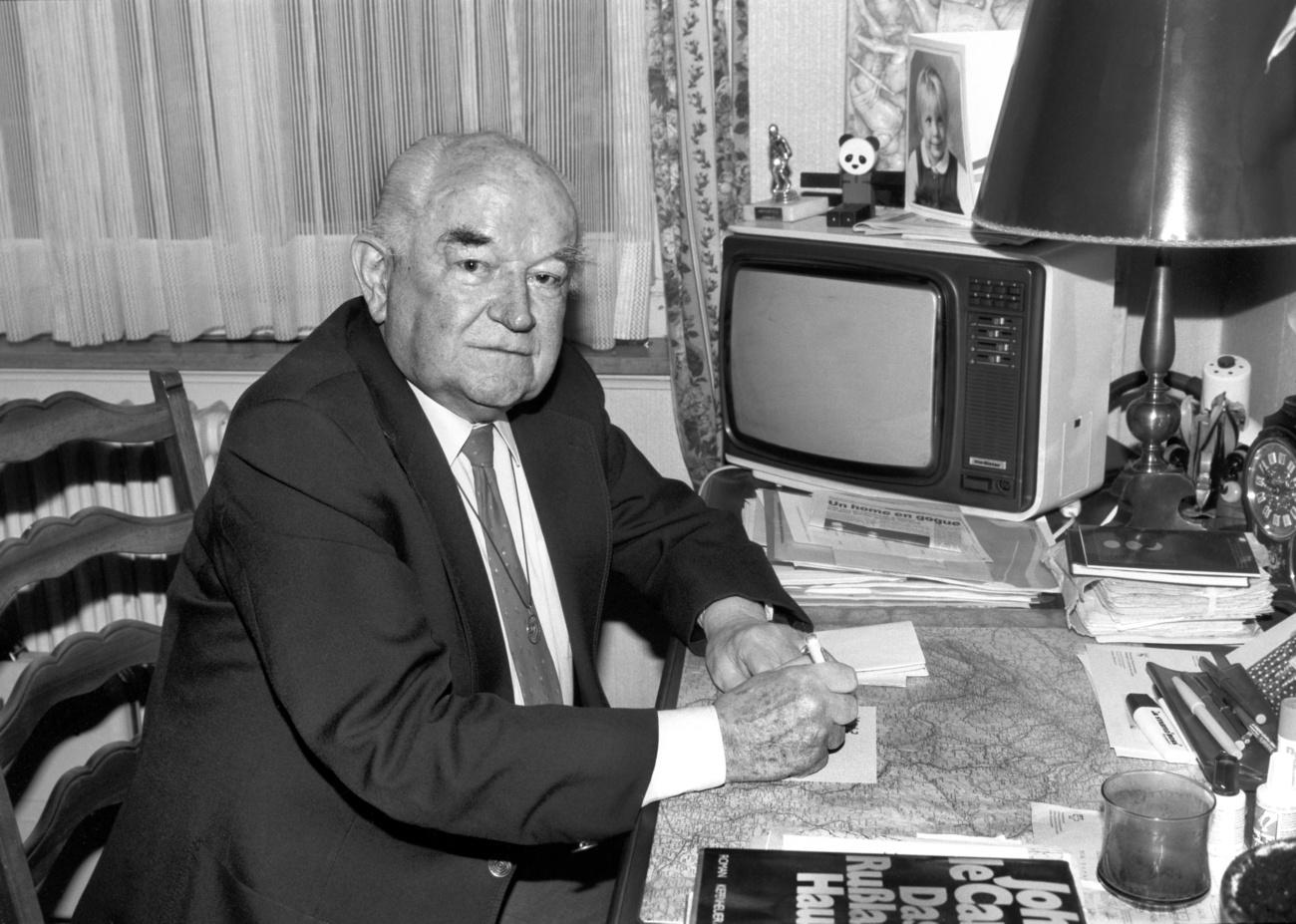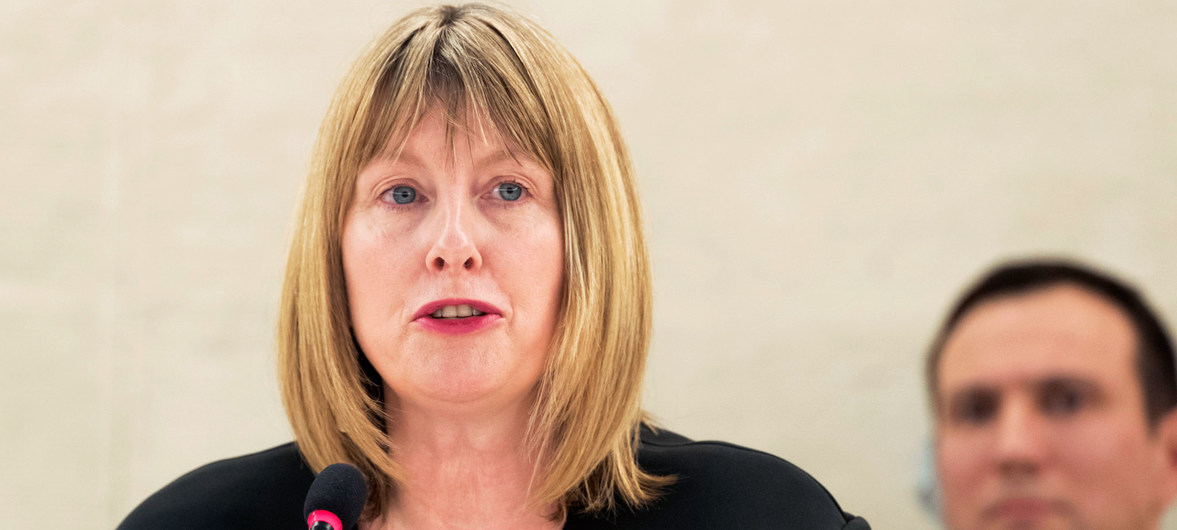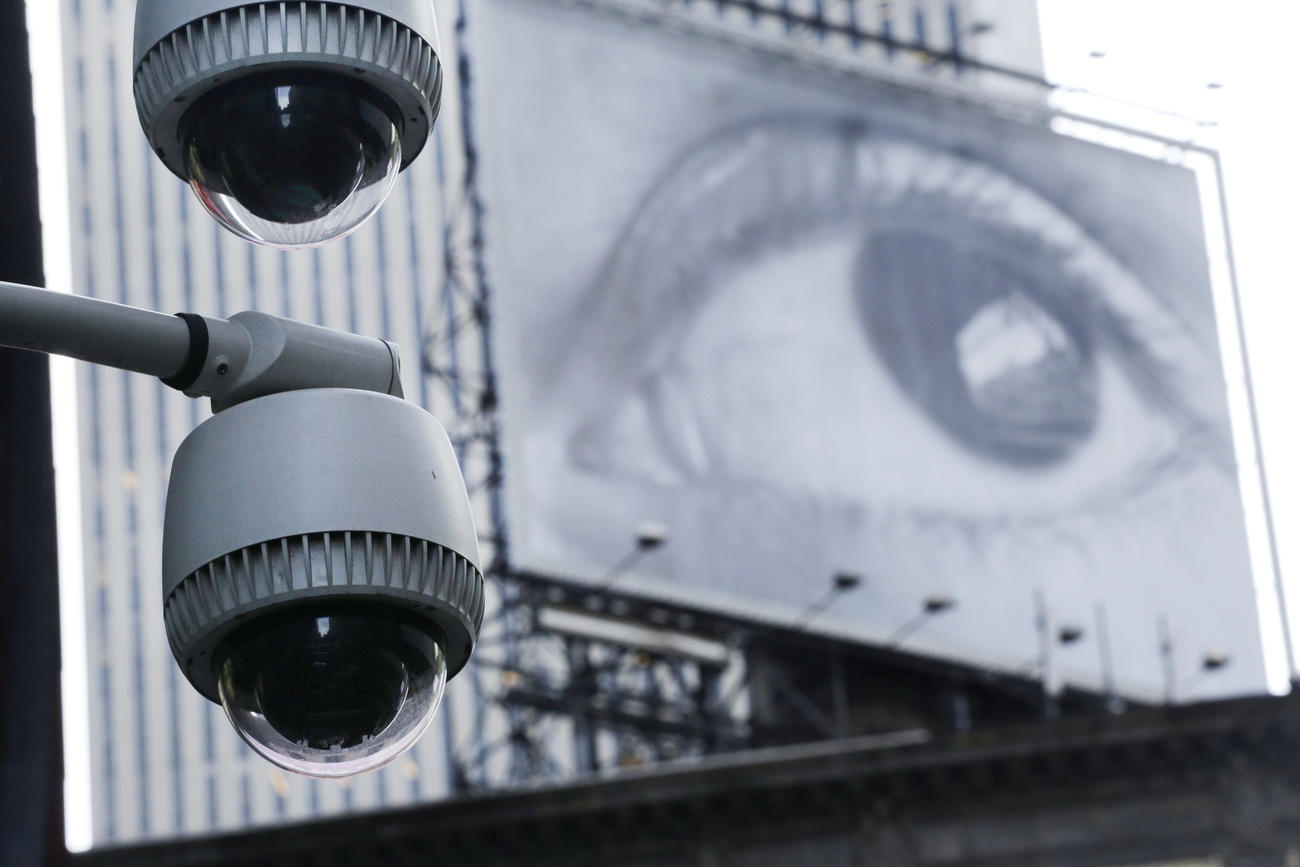
Surveillance: The exception has become the rule

No event has shaken our sense of security like the 9/11 terrorist attacks 20 years ago. In their aftermath support for state surveillance has grown and data collection has become widely accepted.
The scenes of the 2001 terror attacks play like a Hollywood action movie on repeat. The two suicide bombings in New York City are particularly ingrained in our minds because the Big Apple is not just another American metropolis but also a dream location. The collapsed twin towers of the World Trade Centre were once a popular place to enjoy the view of the city’s magnificent skyline.
After the attacks, the United States experienced an unprecedented wave of international solidarity. President George W. Bush declared a state of emergency and “a war on terror”. Governments around the world imposed new counter-terrorism laws that often walked a fine line between sacrificing individual freedoms and improving collective security.
Most people in a democratic society are prepared to give up some of their own liberties and privacy to increase their sense of security. Many anti-terrorism laws are still in force across the globe. After 9/11, the exception became the rule.
Tradition of surveillance
Surveillance, however, is nothing new. Nor have terrorist activities always been its target. Moving around without being watched may be the epitome of privacy and freedom, but ideas about who should be monitored for the sake of state security are constantly changing.
Switzerland is a good example. In the 1930s, the Zurich municipal police set up a register for homosexuals that was kept until 1979, when demands grew to get rid of it. The cities of Bern and Basel followed suit and destroyed their own registers.
Fearing communist infiltration, the Swiss federal police surveilled and spied on people and organisations during the Cold War, leading to the collection of around 900,000 secret files. Two thirds of these files were kept on foreigners. The “Secret Files Scandal” (Fichen-Skandal) went public in 1989 and triggered a major debate on state surveillance in Switzerland.

More
Busted! Swiss spy scandals through the years
The outrage over the secret files did not last. In 2018, a large majority voted in favour of surveilling social welfare recipients suspected of cheating the system.
In 2016, the Swiss public accepted a referendum on a new surveillance law, and in 2021 it backed legislation that introduced some of the toughest counter-terrorism measures in the world. The new legislation prompted the UN Special Representative for Human Rights, Fionnuala Ní Aoláin, to warn that Switzerland could become a model for authoritarian regimes.

More
‘Switzerland is sending a dangerous signal to the world’
Rise of surveillance capitalism
Today people’s behaviour is monitored digitally mainly for commercial reasons. The more a company knows about a person, the better it can target individuals with advertising. Some of the most successful companies are data firms, most of which are based in the US or China. We all know Google, Facebook, Amazon, Alibaba and Tencent. These companies specialise in tailoring ads to individuals, and to do this, they need data.
Emeritus economics professor Shoshana Zuboff is one of the few academics in the US who have warned of the market power and arrogance of Silicon Valley companies for years. She paints a bleak picture of a digital economy where people become the source of a free commodity and readily supply their behavioural data.
“Surveillance capitalism is a mutation of modern capitalism,” she says. “It is characterised by an unprecedented concentration of wealth, knowledge and power.”
In her book The Age of Surveillance Capitalism published in 2018, Zuboff writes that Google pioneered surveillance capitalism and argues that the internet firm has greatly benefitted from recent historical events. The firm’s expansion went hand in hand with the development of the US national security apparatus, which used Google and its methodology to monitor people online after 9/11.
In the spirit of 9/11
Interestingly enough, not many people worry about the digital collection of their personal data, or at least not when they get something for free. Sociologist David Lyon talks about an outright surveillance culture that controls our everyday lives: supermarket loyalty cards, omnipresent surveillance cameras in public spaces, security checks at airports and sports stadiums.

More
Your employer might be watching you. Should you care?
Fear among the population has grown since the 9/11 terrorist attacks, and we are now dealing with a fine line between imposing security measures and fighting for civil rights and privacy. This is also the case in Switzerland, where the new intelligence law targets “potentially dangerous terrorist offenders”, which is quite in the spirit of post 9/11.
Sarah Genner is a media scholar and digital expert. Her book, ON/OFF, was published in 2017.
Translated from German by Billi Bierling
More

In compliance with the JTI standards
More: SWI swissinfo.ch certified by the Journalism Trust Initiative































You can find an overview of ongoing debates with our journalists here . Please join us!
If you want to start a conversation about a topic raised in this article or want to report factual errors, email us at english@swissinfo.ch.